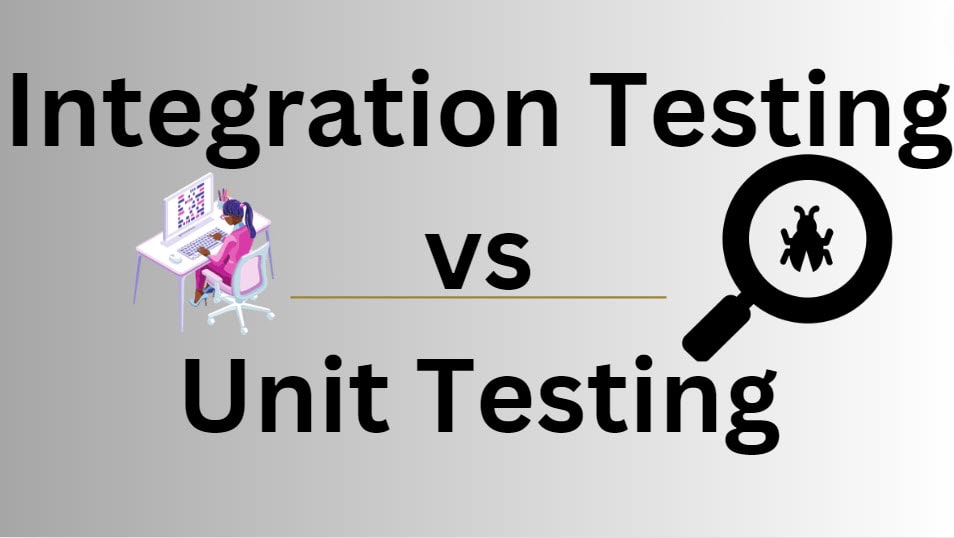Unit testing and integration testing are two essential types of software testing, each serving distinct purposes in the development process.
Unit Testing
Unit Testing focuses on testing individual components or units of code in isolation. The goal is to validate that each unit functions correctly on its own. Unit tests are typically written by developers and often use mocking to simulate interactions with external dependencies, such as databases or file systems. This type of testing helps identify defects early in the development cycle, making it easier to isolate issues.
Integration Testing
Integration Testing, on the other hand, tests how different units or components work together as a group. This type of testing is performed after unit testing and often involves using real dependencies rather than mocks. Testers typically conduct integration tests and focus on the interactions between integrated units to ensure they function correctly.
Key differences
Here’s a tabular comparison between Integration Testing and Unit Testing:
| Fact | Unit Testing | Integration Testing |
|---|---|---|
| Definition | Tests individual components or units of code in isolation | Tests how different units or modules work together as a group |
| Scope | Small, focused on individual functions or methods | Broader, covering interactions between components |
| Performed by | Usually developers | Testers or QA team |
| Execution time | Fast, as it tests small units | Slower, due to testing multiple components |
| Complexity | Simple and easy to implement | More complex, as it involves multiple components |
| Cost | Less expensive, as issues are caught early | More expensive, especially if issues are found late |
| Purpose | Verify individual parts work correctly | Ensure components work together properly |
| Defect location | Specifies the exact location of bugs | It may be harder to pinpoint the exact defect location |
| Test data | Usually uses mock data | Often uses real or production-like data |
| When performed | During development phase | After unit testing, before system testing |
You may also like following the articles below
- Unit Testing vs Integration Testing vs System Testing
- Integration Testing vs System Testing
- Smoke Testing vs Unit Testing
- Smoke Testing vs Integration Testing
In summary, unit testing emphasizes the correctness of individual components, while integration testing focuses on the interaction and integration of those components within the overall system. Both types of testing are crucial for delivering reliable and robust software.

My name is Madhu, and I’m a certified Test Consultant with more than 16 years of hands-on experience developing and maintaining manual and Test Automation in the Software industry. I have experience with automation tools such as Selenium, Katalon Studio, etc.
